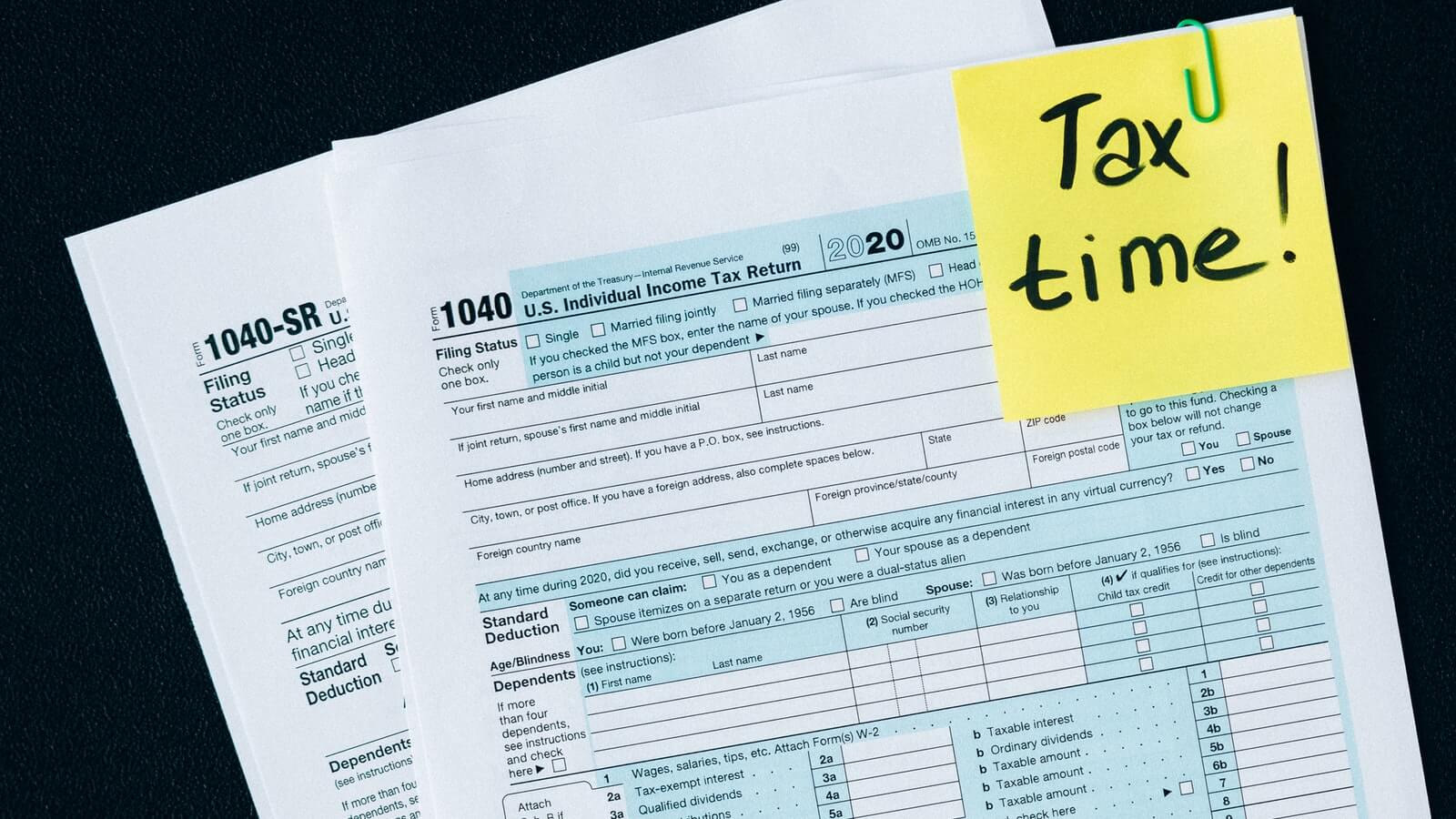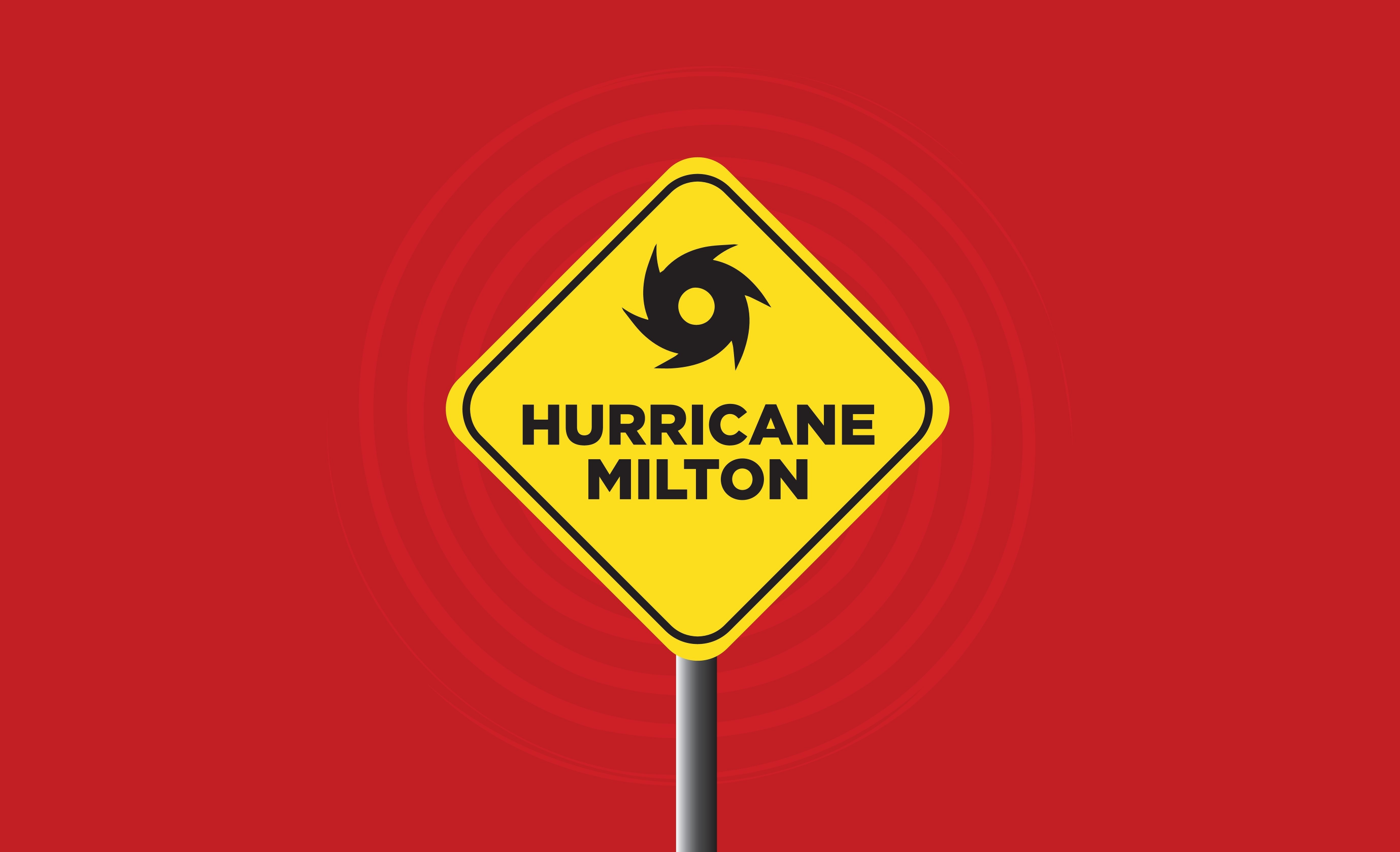COVID-19 has affected every part of our lives – including our taxes. This FAQ will cover how it impacts your tax deadlines, IRA contributions, and more.
The IRS and other federal entities have made drastic changes in response to COVID-19.
These recent changes affect taxpayers’ tax deadlines, retirement contributions, income taxes and more. The biggest change is the extended tax filing deadline, which gives you more time to file your tax return and pay your tax bill, if you have a liability — no tax extension request required.
Have any other questions about how your taxes are affected by COVID-19. They’re likely answered below.
Q: Has the government extended the filing deadline?
A: Yes, the federal government has extended the April 15 filing deadline for 2019 tax returns to July 15, 2020. Please check with your tax advisor about whether or not your state extended the deadline.
Q: Has the government postponed the deadline to pay my taxes?
A: Yes, as a result of extending the filing due and as a result of a previous postponement, the time for taxpayers to pay their 2019 taxes is extended until July 15, 2020. Please check with your tax advisor regarding any postponement available for your state tax.
Q: Is April 15 still the last day I can make an IRA contribution for 2019?
A: No, the last date to make an IRA contribution is the same as the tax return filing due date, so you now have until July 15, 2020 to make the contribution.
Q: Are estate and trust income taxes also extended?
A: Yes, the estate and trust income tax return due date has been extended to July 15, 2020. Therefore, any tax payments are also extended.
Q: If I can’t file my return by July 15, what can I do?
A: You can file an extension using Form 4868 which gives you until Oct. 15, 2020 to file your return.
Q: What about relief for other types of tax filings?
A: The IRS has not provided a payment extension for the payment or deposit of any other type of federal tax (including payroll taxes and excise taxes) or for the filing of any tax return or information return.
Q: Is there any tax relief for other types of tax filings that are late?
A: Yes, taxpayers may seek relief under certain provisions of the tax code that allow the IRS to waive penalties by reason of casualty, disaster, or other unusual circumstances.
Q: What should I do if I have an appointment with my tax advisor in the near future?
A: Most are now handling appointments remotely by phone, email and documents exchanged digitally by secure means.
The bottom line
COVID-19 has upended nearly everybody’s financial lives. That’s why federal entities are trying to minimize the damage done with an extensive list of deadline extensions and relief programs.
Have another question that’s not answered here? Contact us today.







